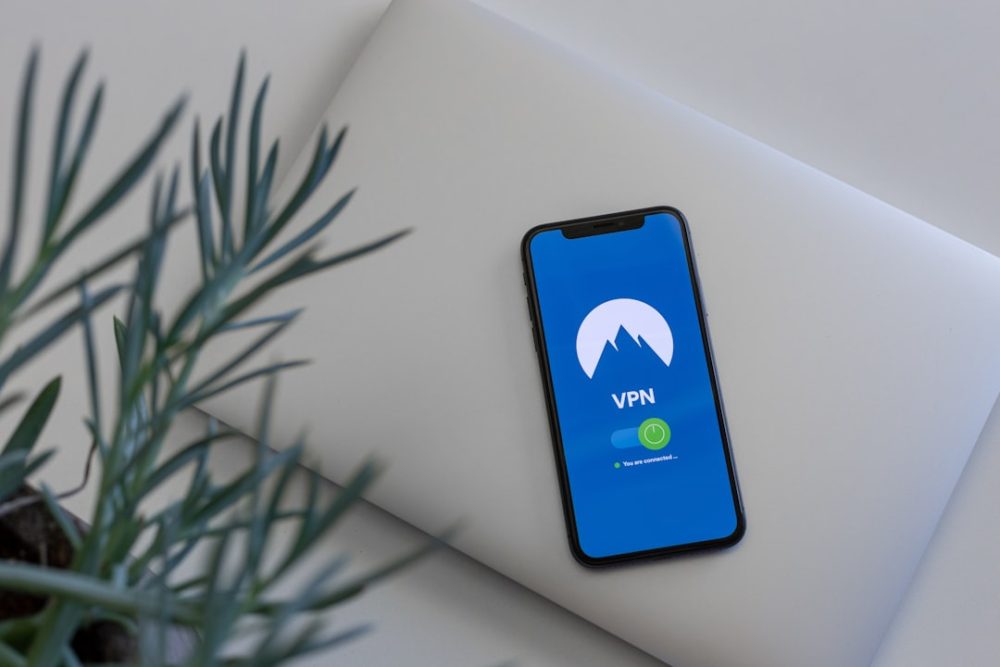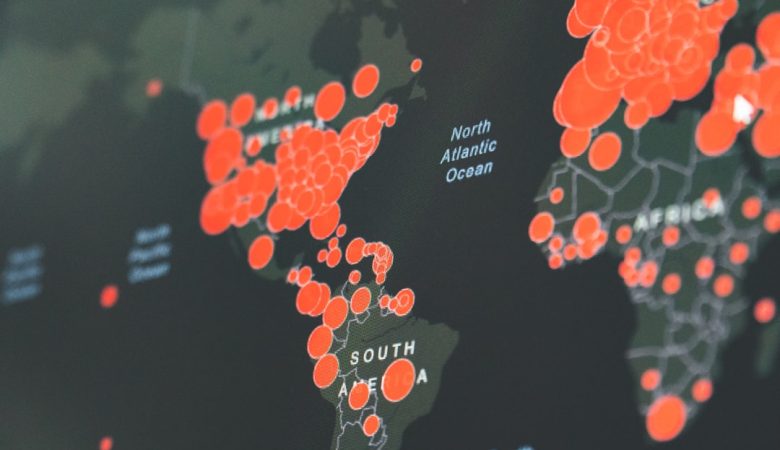In the fast-paced world of the internet, it’s easy to come across unfamiliar terms, addresses, and strings of numbers that seem cryptic at first glance. One such entry that has recently caught the eye of tech-savvy users and curious netizens alike is 185.63.253.2pp. Is it an IP address? A server location? Or something else entirely? In this article, we’ll dive deep into this curious combination and unpack its meaning, usage, and significance in the digital sphere.
Understanding IP Addresses
Before we can fully explore what 185.63.253.2pp might be, it’s important to understand the basics of IP addresses. An IP address, or Internet Protocol address, is a unique numerical label assigned to each device connected to a computer network that uses the Internet Protocol for communication.
IP addresses generally come in two versions:
- IPv4: Consists of four numbers separated by dots (e.g., 185.63.253.2)
- IPv6: A more complex format designed to offer a greater number of unique addresses
185.63.253.2 by itself is a valid IPv4 address. However, the addition of “pp” at the end is unusual and not part of any standard IP format, which leads to several possible explanations.
Demystifying “2pp” – A Typo, Code, or Something More?
The inclusion of “2pp” attached directly to an IP address does not align with conventional IP formatting or domain naming systems. Here are a few plausible interpretations:
- Typographical Error: The most straightforward explanation is that “2pp” is a mistyped or malformed addition. For instance, someone may have meant to input just “185.63.253.2” but accidentally appended extra characters.
- Custom Identifier: It might be a unique internal reference used within a company or system to denote specific ports, protocols, or network configurations.
- Malicious Redirect: In some suspicious emails or URLs, extra letters like “pp” might be used to mimic authentic IP addresses or distract users from clicking on legitimate links.
[ai-img]cybersecurity, network, suspicious activity[/ai-img]
Usage in the Digital World
While “185.63.253.2” might be a legitimate public IP address—possibly belonging to a hosting provider, VPN, or data center—the addition of “pp” changes everything. If seen in a domain name or link (e.g., http://185.63.253.2pp.com), it’s likely not referencing an IP at all, but rather a subdomain or a domain crafted to resemble one.
Hackers and spammers often use this method of formatting to trick users by making a URL look like an IP address. For example:
- Deceptive URLs: Domains like 185.63.253.2pp.info may look technical and authentic, potentially luring users into clicking them under false pretenses.
- Phishing Schemes: Scammers often create fraudulent domains that mimic authentic IP addresses to host phishing websites or download malicious content.
How to Stay Safe Online
Given the potential misuse of strings like 185.63.253.2pp, it pays to be cautious. Here are some best practices for identifying and avoiding suspicious IP-like structures online:
- Double-check URLs: If you receive a link with a suspicious or unfamiliar format, verify it before clicking.
- Use Online IP Lookup Tools: You can determine the legitimacy of an IP address using free IP lookup services to see its associated organization.
- Install Antivirus Software: Modern security software can catch deceptive links and warn you before visiting suspicious sites.
- Avoid entering personal data: Never input sensitive information into a site that uses an odd domain or appears imitative.
[ai-img]internet safety, phishing warning, computer security[/ai-img]
Digital Significance and Conclusion
While at first glance 185.63.253.2pp might seem like a simple IP address with extra characters, its presence raises questions about digital identity, domain formatting, and online safety. In most cases, it should be treated with skepticism—particularly if used in URLs or online messages.
As the internet expands in complexity, becoming informed about seemingly technical minutiae like this can help users navigate the digital world more safely and knowledgeably. Whether you’re a cybersecurity professional or an everyday internet user, recognizing potential red flags—such as oddly formatted addresses—can be a key line of defense against fraud, exploitation, and confusion.





